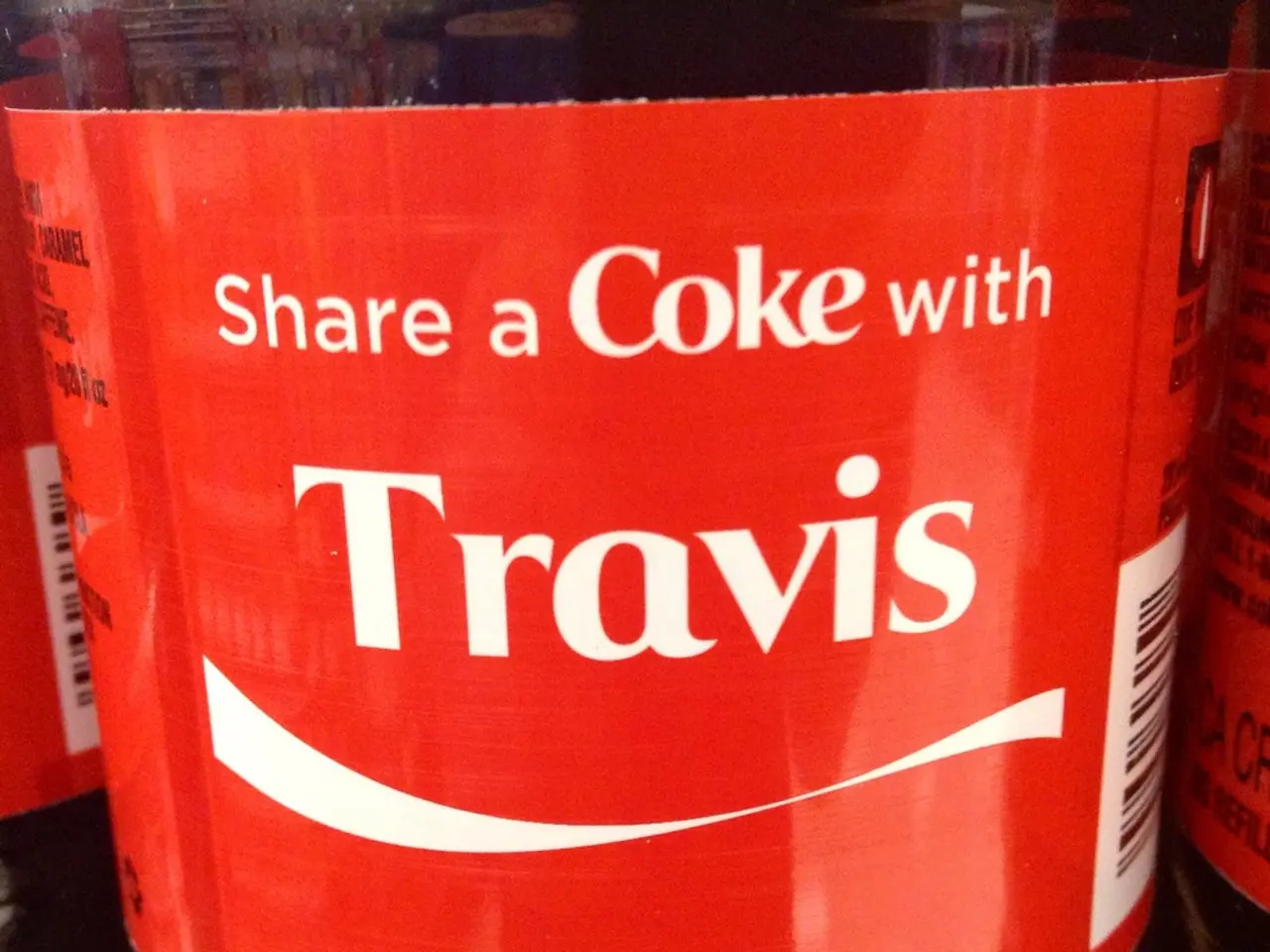Mexico and the U.S. team up to tackle crime, mindful of each nation's territorial integrity
The United States and Mexico have announced a new cooperation aimed at dismantling organized crime groups, with a focus on drug trafficking cartels and limiting migration. This joint effort comes as both countries grapple with the ongoing challenges posed by these criminal networks.
In a recent development, U.S. Secretary of State, Marco Rubio, praised Mexico for detaining over 50 individuals considered high-value targets by the U.S. and transferring them to the U.S. to face drug trafficking charges. Rubio, who was appointed by the U.S. government to form a High-Level Liaison Group for security cooperation against drug cartels, has been instrumental in this collaboration.
The new coordination group aims to end the flow of weapons from the United States to Mexico, a concern raised by Mexican officials due to the use of military-grade weapons by Mexican cartels in their internal conflicts and against law enforcement. Rubio stated that this would be one of the group's primary goals.
The cooperation will be carried out while respecting the "sovereignty" of each country, a point emphasised by both parties. However, concerns have been raised about the potential for U.S. military involvement, particularly following the observation of thousands of U.S. soldiers deployed on the border between the two nations. Mexican authorities are concerned that the U.S. military could carry out drone attacks within Mexico.
This is not the first time Rubio has been involved in Latin American affairs. As a Republican senator from Florida for 14 years, he has shaped public policies throughout the region, taking a hard line on Cuba and Venezuela.
The U.S. government has also taken more assertive measures against certain Latin American drug cartels. President Trump has signed a directive ordering the Pentagon to take military action against cartels designated as foreign terrorist organizations, such as the Sinaloa and Jalisco Nueva Generación cartels in Mexico.
Meanwhile, Mexican President Claudia Sheinbaum has expressed a desire to investigate powerful political figures in Mexico linked to drug trafficking. She also voiced concerns about potential U.S. tariffs, with Trump threatening a 30 percent tariff on products sent from Mexico. U.S. companies importing Mexican products may pass these costs on to U.S. consumers.
Rubio is currently on his third trip to Latin America as Secretary of State, with scheduled meetings in Mexico and Ecuador. The formation of a bilateral "high-level" group is expected to further strengthen this cooperation.
Read also:
- Tobacco industry's suggested changes on a legislative modification are disregarded by health journalists
- Trump's Policies: Tariffs, AI, Surveillance, and Possible Martial Law
- Uncovering Political Ad Transparency: A Guide to Investigating opponent's Political Advertisements in the Digital Realm
- Elon Musk praises JD Vance's debate performance against Tim Walz








